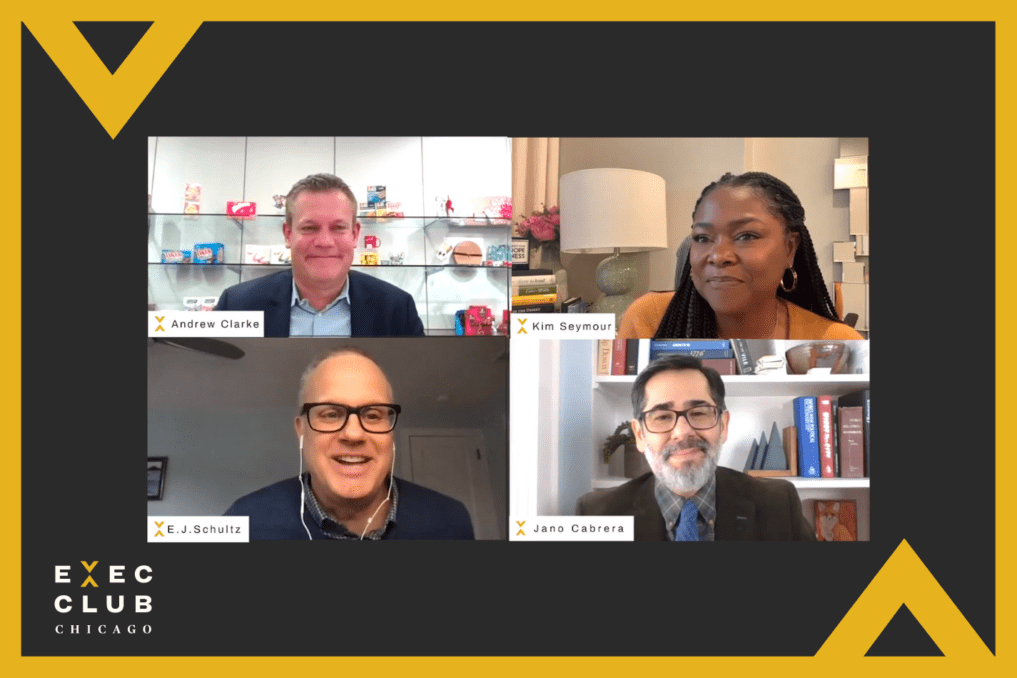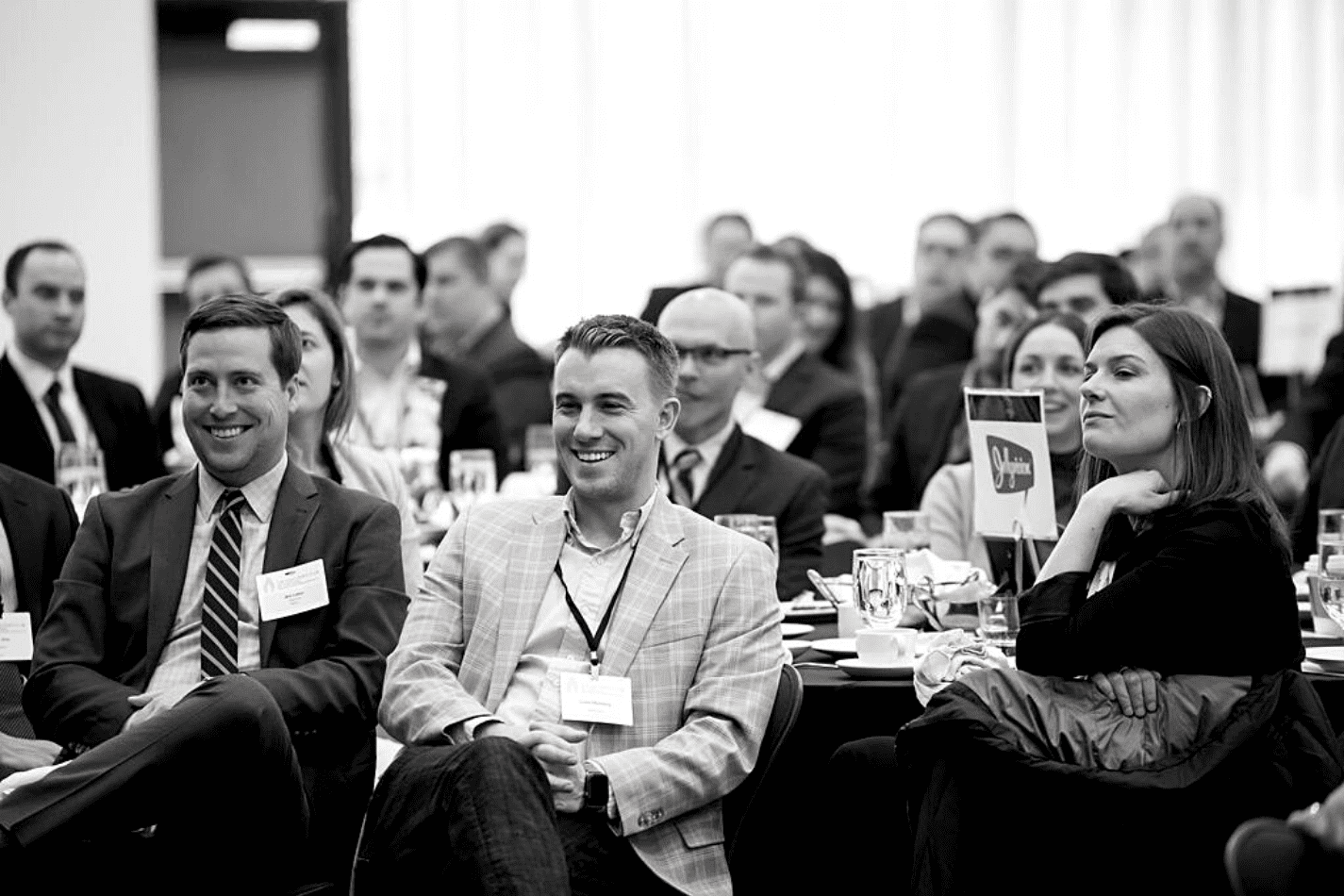
Edelman Trust Barometer 2022
March 10, 2022

Speaker
Richard Edelman
President and Chief Executive Officer, Edelman

Speaker
Jano Cabrera
Chief Communications Officer, General Mills

Speaker
Andrew Clarke
Global President, Mars

Speaker
Kim Seymour
Chief People Officer, Weight Watchers

Moderator
E.J. Schultz
News Editor, Ad Age

